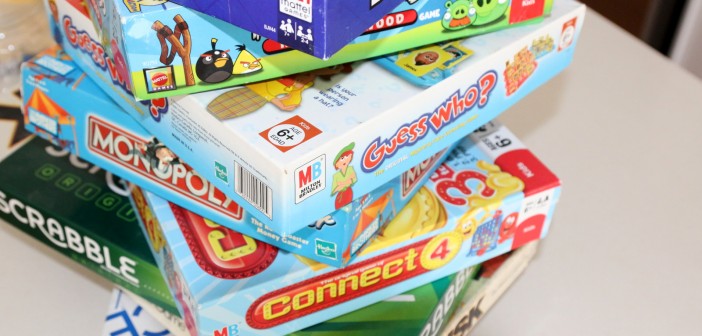Board games are a great alternative to screens and can teach children so much. From turn taking, fair play and patience to strategy, tactical thinking and problem solving. I’m a big fan of games and they can be a lot of fun.
Having said that, it can be a massive trigger for arguing, problems and general crankiness when children play and your dream of some interrupted time can be smashed so quickly as they argue over rules and losing. In our house we soon learned that if the game was going to have any chance of working, we were going to need some standard rules. It also would mean that regardless of the game, something would be learned that would help in real life too.
Family Game Rules
We made our rules with the kids and as a response to them never finishing a game well. It started with board and card games but we extended them to other outdoor games etc too. Our rules became:
1. Play by the Rules – this means that we don’t cheat. Nothing kills a game quicker than someone who breaks or bends the rules to get an advantage over the others. If you are caught breaking rules you either get a warning (could be a mistake) or if its obvious you knew … you lose.
2. Never give up – so many times the kid who gets a bit behind wants to quit. Its annoying for the rest of the players and games often fluctuate anyway. If someone persists even when not doing well they often come back and in many cases win. So if you start the game, you finish it unless everyone is happy to stop.
3. It doesn’t matter who wins – we always emphasise the fact that the game is supposed to be fun and its fun regardless of whether you win or lose. We insist on the losers congratulating the winners and we don’t accept people being angry or huffy if they lose. When it happens we apply a consequence (like them missing out on the next game/s)
These 3 simple rules are just great life lessons if you think about it. You can apply them to succeeding in anything and in fact if i had to give my kids some last advice for life … I might just tell them the same three principles.
How do you make games work?

